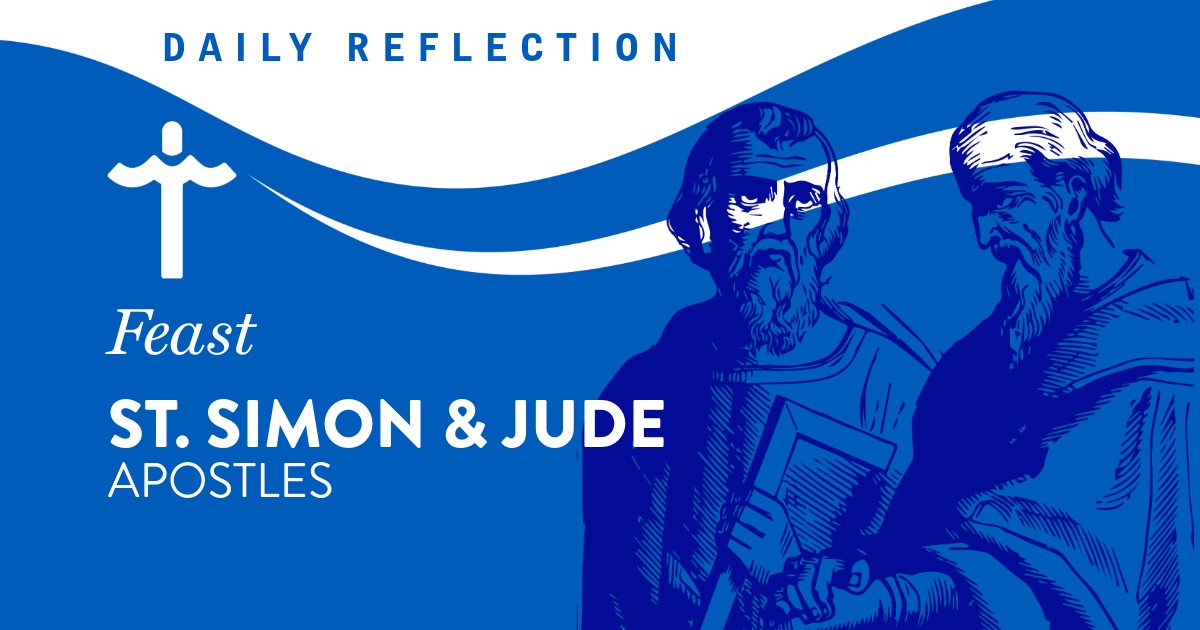Memorial of St. Bernard, Abbott and Doctor of the Church
The Responsorial (Psalm 23) reminds us that Jesus is our god-given king: “O Lord, your strength gives joy to the king.”
Judges 9:6-15 takes a negative view of kings. In the parable, the trees want “to anoint a king over themselves.” All the good trees refuse to rule while the buckthorn (not even good for shade, and a fire hazard to boot) accepts. “The argument is that the best do not have time to be kings; therefore, it usually falls to the worthless to accept the role of monarch….” So why would Jesus accept being King over us? Why would the Father send and anoint him for it?
The answer is in the Eucharistic Anamnesis and the Offering that follows it: “Calling to mind… [Christ’s death, resurrection, and presence at God’s right hand], we offer you his Body and Blood, the acceptable sacrifice…. Look with favor on your Church’s offering, and… grant.” We look at the bread and wine on the altar, transformed into Christ’s Body and Blood, we remember what is made present in them — Jesus himself dying, rising, reigning and returning — and we offer them to the Father, asking him to look and remember his great deeds that established the Covenant, and to act according to his promise.
To do [anamnesis] zikkaron-remembrance of Jesus is to raise to God [in offering] the covenant sign, Jesus himself, that God will see, remember, and act once again.
The “remembrance” tells us that Jesus was anointed by God to be our King and Messiah in fulfillment of the Covenant. His “great deeds” are proof that in him God will reign over us and continue until his Kingdom has come to perfection. “O Lord, your strength gives joy to the king whom you sent, and to all who hope in him.
So we ask him (in the second Epiclesis, which follows) to act in response: “Grant that we… may be filled with his Holy Spirit and become one body, one Spirit in Christ.”
Matthew 20:1-16 makes clear what kind of King Jesus was anointed to be. In the parable, he is the “owner of an estate.” Not worthless. It soon becomes evident that when he goes out to “hire workmen for his vineyard,” his need for their labor is not his primary concern. He keeps hiring all day long, even “late in the afternoon,” and he reveals his motive: “Why have you been standing here idle all day?” He agreed to pay the first ones hired “whatever is fair.” But then he paid the last as much as the first. That was far more than “a full day’s pay for a full day’s work.” It showed he was not paying for what he got, but paying what his workmen needed. He hired more to save them from unemployment than for what he gained from their labor. Jesus isn’t a “buckthorn” tree. He is our King for our good, not his, and what he gives is not proportionate to human labor, any more than human labor can achieve it. It is the pure gift (grace) of divine life.
Initiative: Offer Jesus to the Father as a gift he gave us to offer to him and for us.
— Fr. David M. Knight
View today’s Mass readings, Lectionary #421, on the USCCB website here
Fr. David M. Knight (1931-2021) was a priest of the Diocese of Memphis in Tennessee, a prolific writer, and a highly sought after confessor, spiritual director, and retreat master. He authored more than 40 books and hundreds of articles that focus primarily on lay spirituality and life-long spiritual growth.






0 Comments